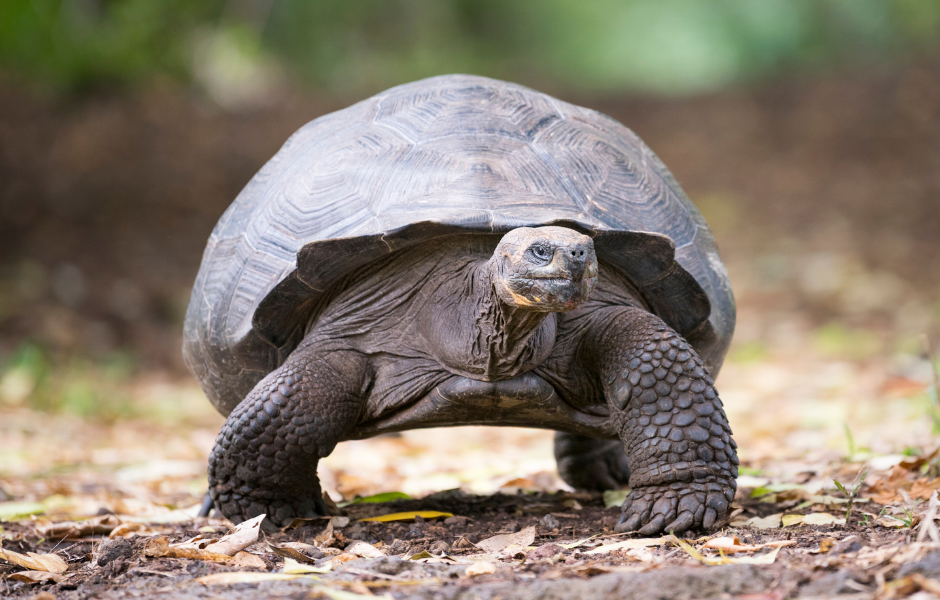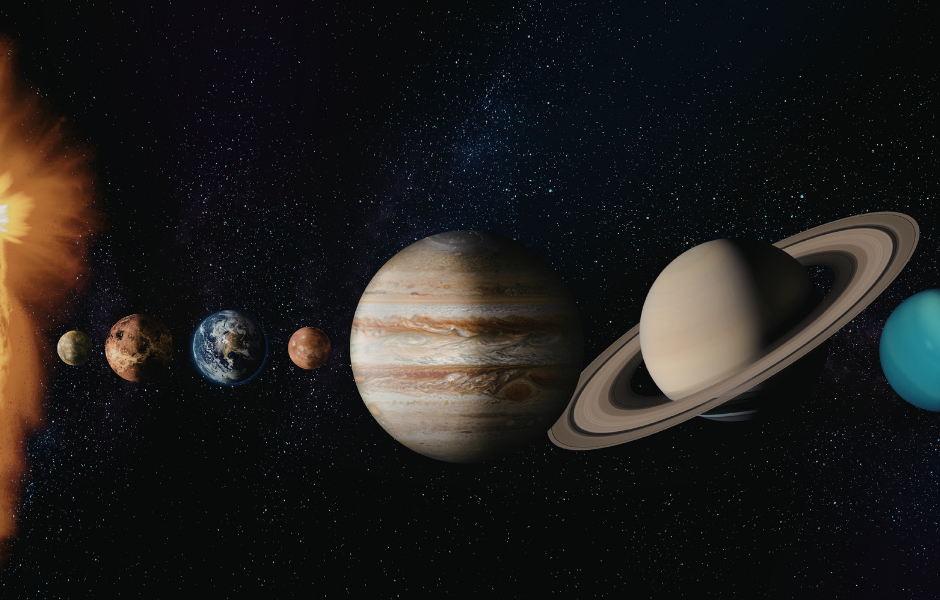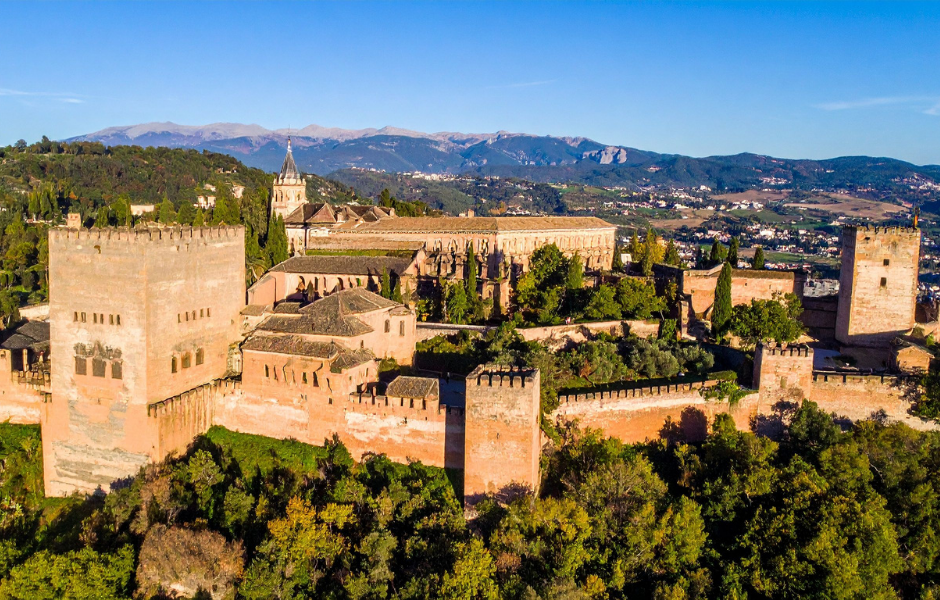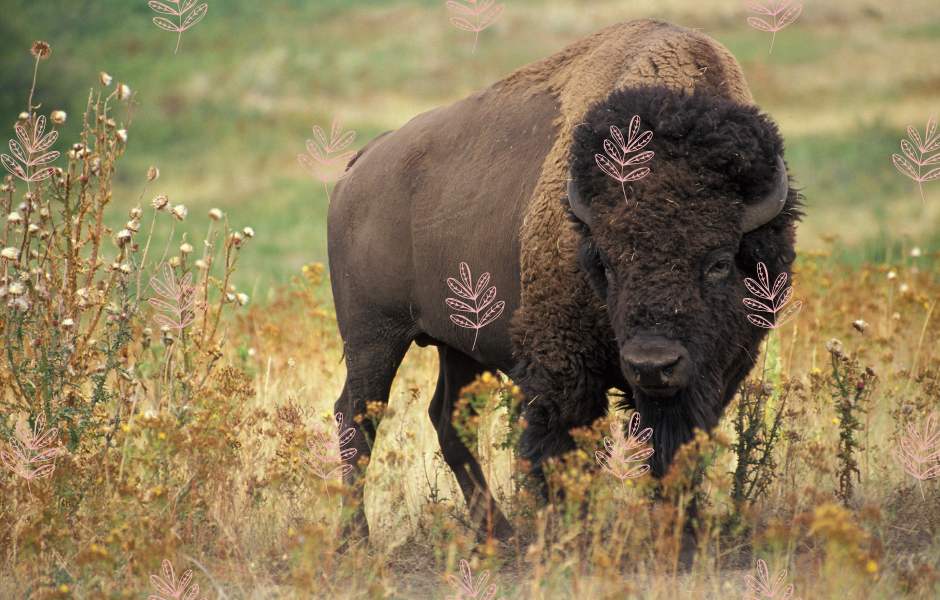
This children’s article, What is rewilding? A kid-friendly guide to helping nature bounce back, has been written for native English speakers and learners of English as a second or foreign language. It can help children practise reading and comprehension, learn new vocabulary, and explore how people are helping nature by letting it heal itself. Written by Sinead O’Carroll, an experienced teacher and writer.
How rewilding helps nature make a comeback
Have you ever seen a place where wild animals live freely, trees grow tall, and flowers bloom without people planting them? That’s the kind of world rewilding tries to create.
Rewilding is when people help nature return to its natural state. It might mean planting trees, cleaning rivers, or even reintroducing animals that used to live there, like beavers, wolves, or wild horses.
Letting nature do the work
The idea behind rewilding is simple: nature knows how to take care of itself. When we give it space and time, it starts to grow back on its own. Forests return, rivers flow more freely, and animals find their way home.
In some places, humans step back completely. In others, they give nature a little help, like stopping sheep from overgrazing or planting native trees.
Why do we need rewilding?
Many wild areas have been damaged by pollution, farming, or building. Some animals have lost their homes. Rewilding helps fix that. It gives plants and animals space to live, and it also helps the planet.
Healthy wild places can clean the air, soak up carbon from the atmosphere, and reduce flooding. They’re also beautiful, peaceful places for people to visit and enjoy.
A home for wildlife
Rewilding projects are happening all around the world. In some places, forests are growing back where there were once farms or empty land. Rivers are being restored to flow naturally again. Wild animals like bison, lynxes, and beavers are being reintroduced where they once lived long ago.
These projects help bring nature back to life. Trees provide homes for birds, clean water supports frogs and fish, and wildflower meadows give bees and butterflies a place to feed.
Rewilding doesn’t happen overnight, but over time, it can lead to amazing changes. More insects buzz, more birds sing, and more animals find safe places to live.
Next time you’re out in nature, look closely—you might see the signs of a wild space healing itself.
Want to learn more? Visit Rewilding Europe to explore real-life rewilding projects around the world.
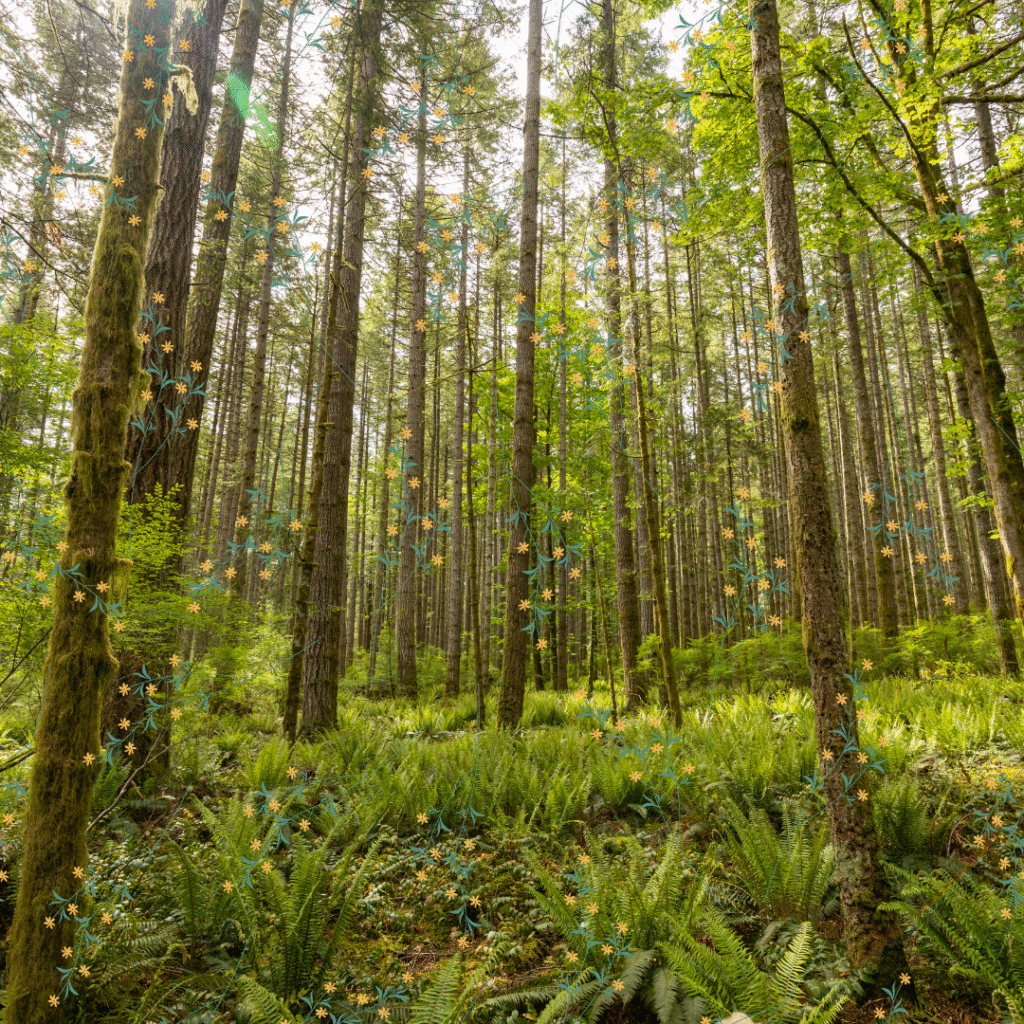
Article vocabulary list
- Rewilding – Helping nature return to its wild, natural state.
- Reintroduce – To bring back an animal or plant that used to live in a place.
- Native – A species that naturally belongs in a certain place.
- Grazing – When animals eat grass and plants in a field.
- Carbon – A gas in the air that plants take in and store to help fight climate change.
- Ecosystem – A system where plants, animals, and their environment all work together.
Comprehension questions
Just click the plus (+) to see the answer
1. What is rewilding?
a) Building new towns
b) Letting nature grow back in wild areas
c) Teaching animals tricks
Answer: b) Letting nature grow back in wild areas
2. What kinds of things do people do to help rewilding?
Answer: They plant trees, clean rivers, or bring back animals that used to live there.
3. Why is rewilding important? (Choose all that apply)
a) It helps animals find homes
b) It keeps supermarkets full
c) It can reduce flooding and clean the air
Answer: a) It helps animals find homes, c) It can reduce flooding and clean the air
4. Which animal has been reintroduced to rivers in the UK?
a) Wolves
b) Beavers
c) Bears
Answer: b) Beavers
5. What happens when nature is left to grow wild again?
Answer: Plants grow back, animals return, and the land becomes healthier and more balanced.
Sinead is a writer and EFL teacher with eight years’ experience. She’s a native English speaker who loves making news stories fun and easy to understand for children around the world. Her passions include travel, animals, and helping to make the world a kinder, more sustainable place.

